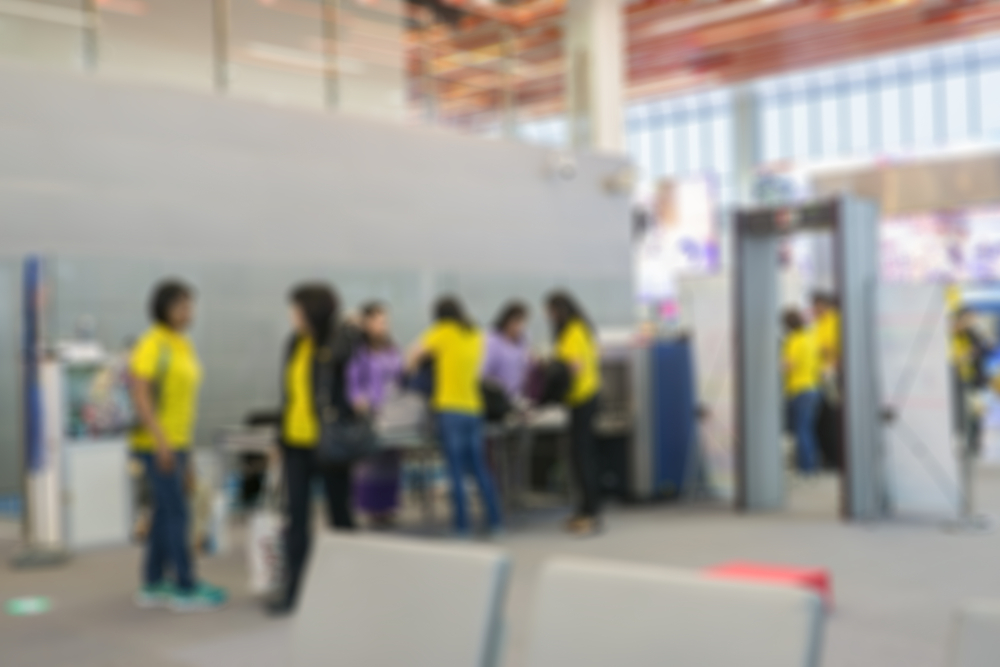
The Transportation Security Administration (TSA) recently announced the indictment of 12 current and former TSA and airport employees for smuggling approximately 20 tons of cocaine through TSA security systems at Puerto Rico’s Luis Muñoz International Airport between 1998 and 2016.
The arrests come in the wake of a report released by the House Homeland Security Committee’s Transportation and Protective Security Subcommittee, titled America’s Airports: The Threat From Within, which examined the dangers posed by weak security screening at the nation’s airports.
“Our aviation sector is a pivotal piece of America’s homeland security,” Rep. Michael McCaul (R-TX), chairman of the House Homeland Security Committee, said. “This week’s indictment of 12 current and former TSA and airport employees accused of smuggling drugs through security screening is a stark reminder that our airport access controls and employee vetting processes need constant oversight and improvement.”
McCaul said the gaps in security screening could be potentially exposed for potential terrorists to smuggle weapons or carry out plots internally.
McCaul, along with Rep. John Katko (R-NY), chairman of the Transportation and Protective Security Subcommittee, recently introduced two bills aimed at improving aviation security in the TSA.
The first bill, the Airport Access Control Security Improvement Act of 2015, was introduced during the last Congress and seeks to reform TSA programs and streamline transportation security regulations. Key provisions in the bill became law as part of the Federal Aviation Administration’s Extension Agreement in July 2016.
The second bill, the Aviation Employee Screening and Security Enhancement Act of 2017, seeks to reform security practices by the TSA by introducing enhanced security technology at secure checkpoints.




